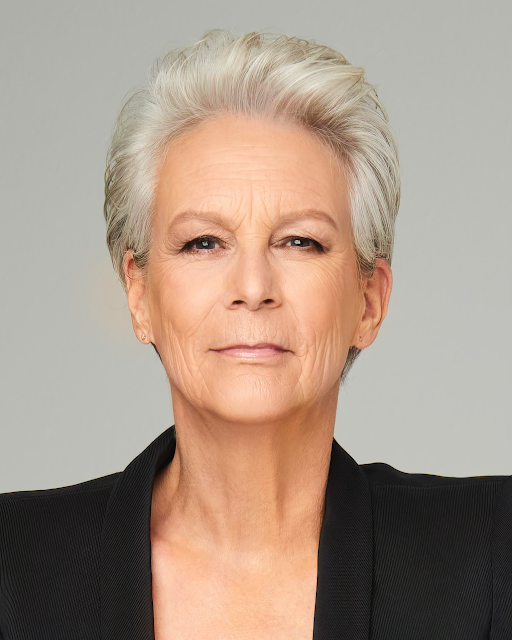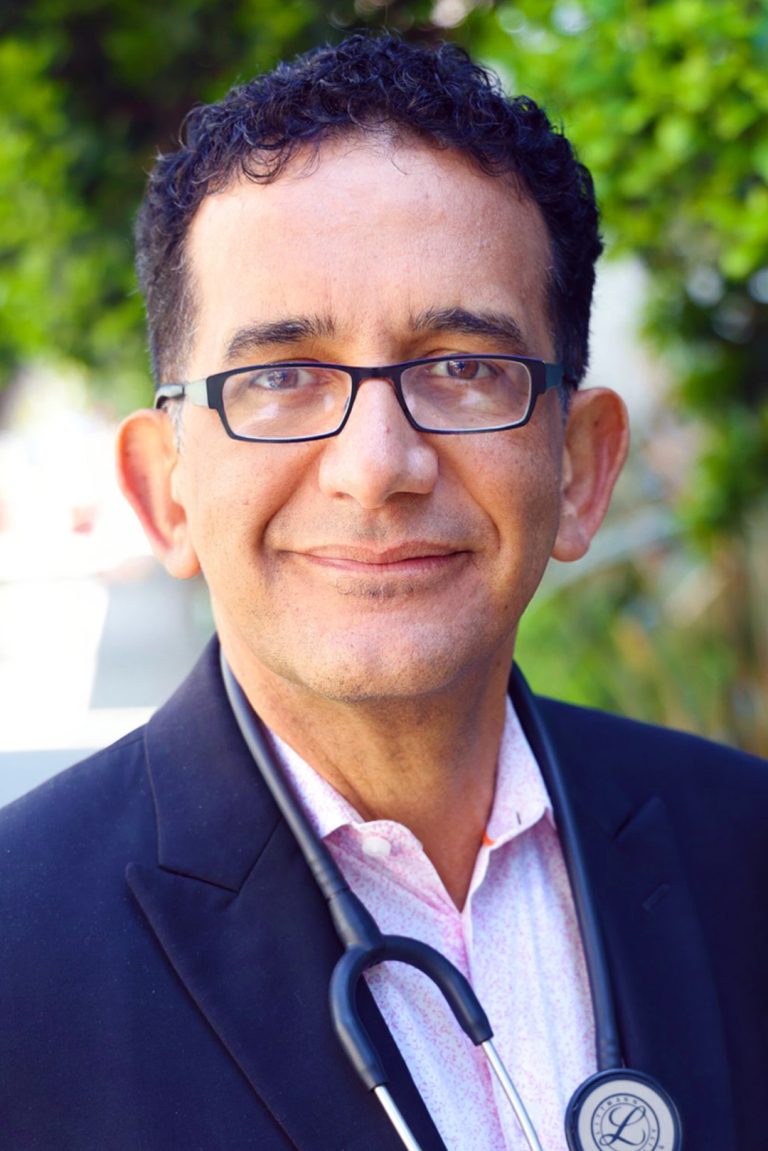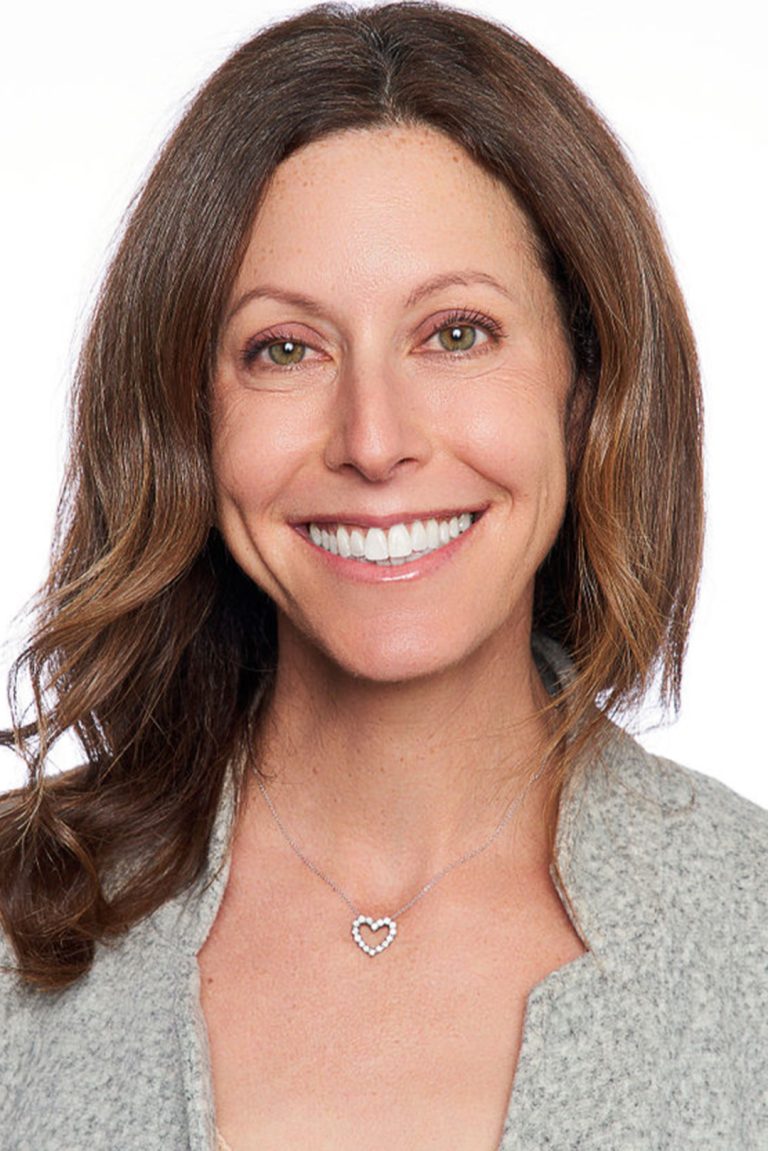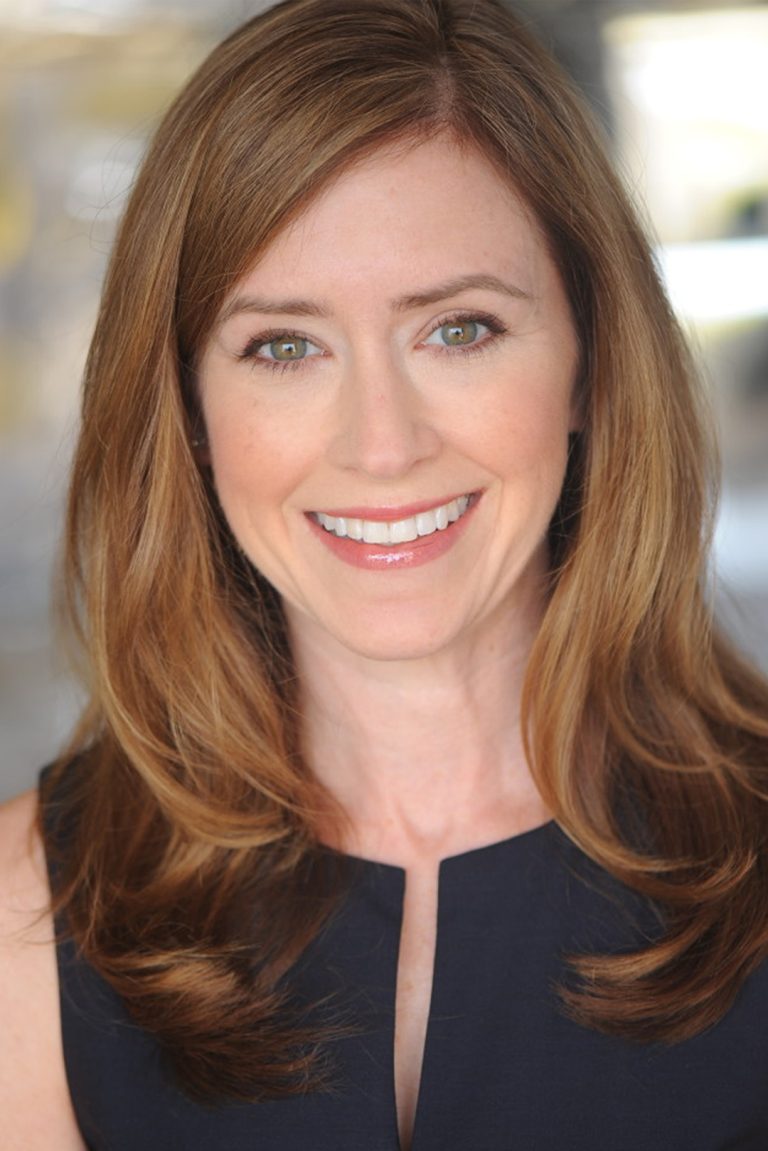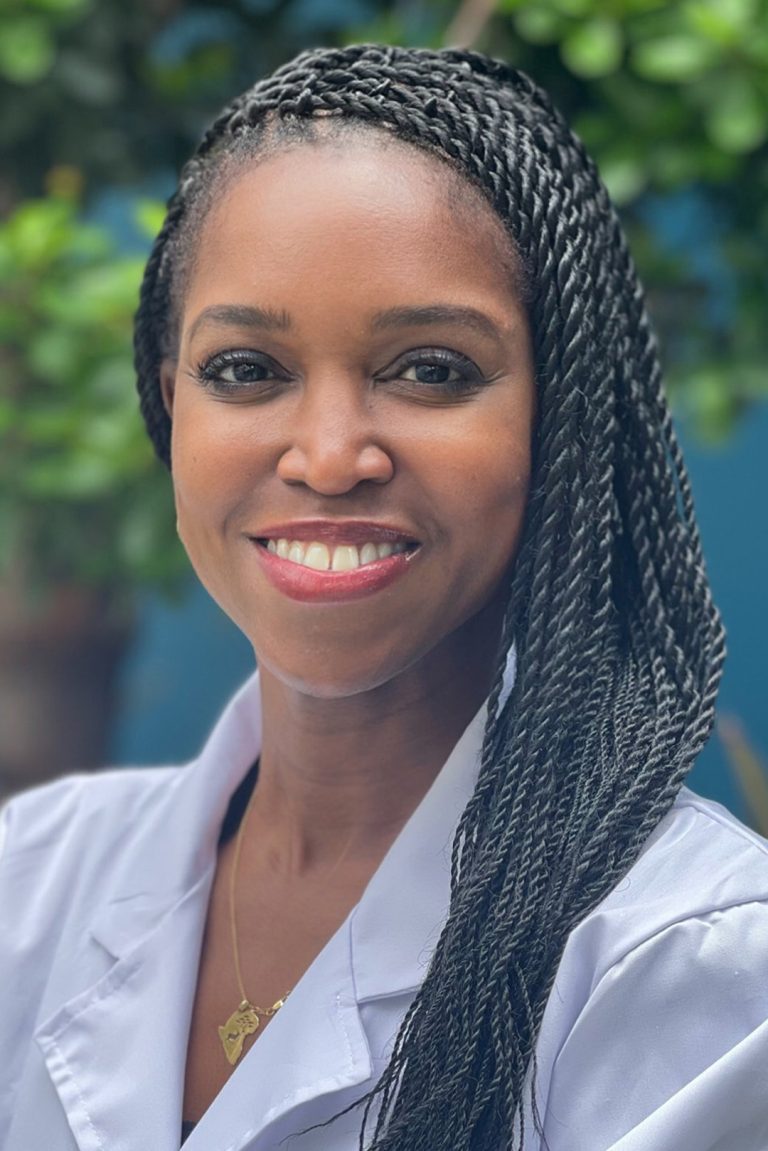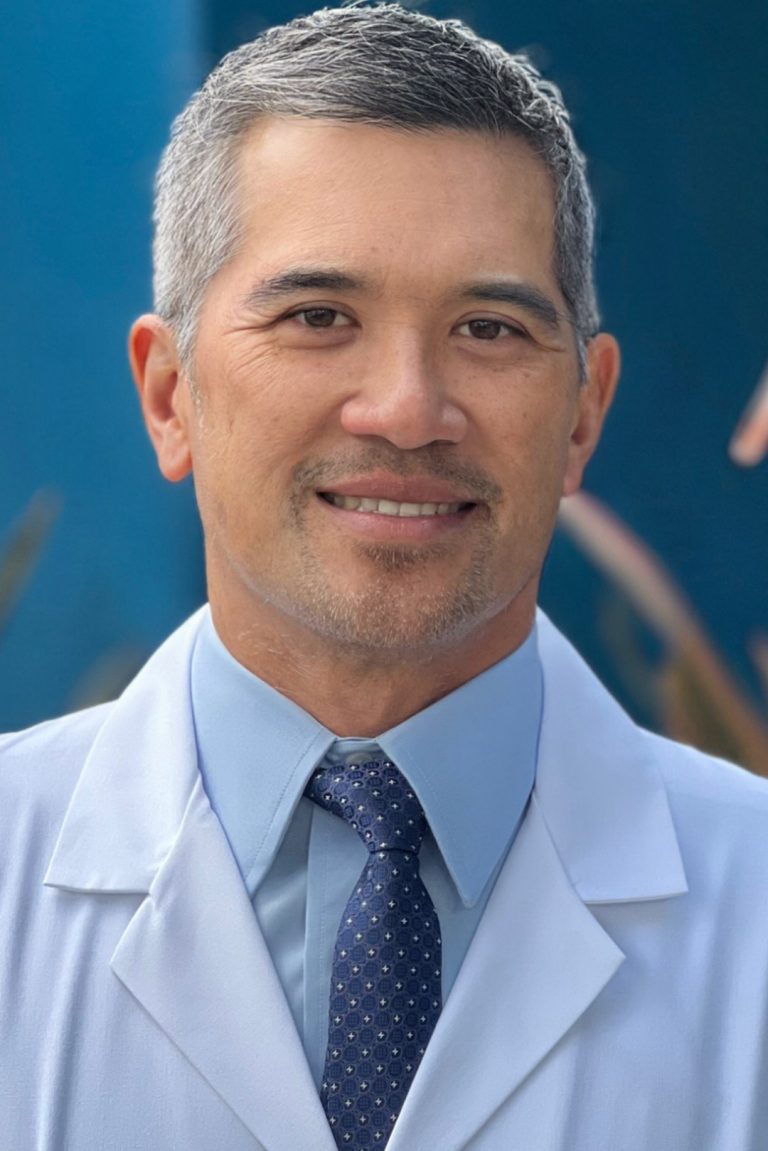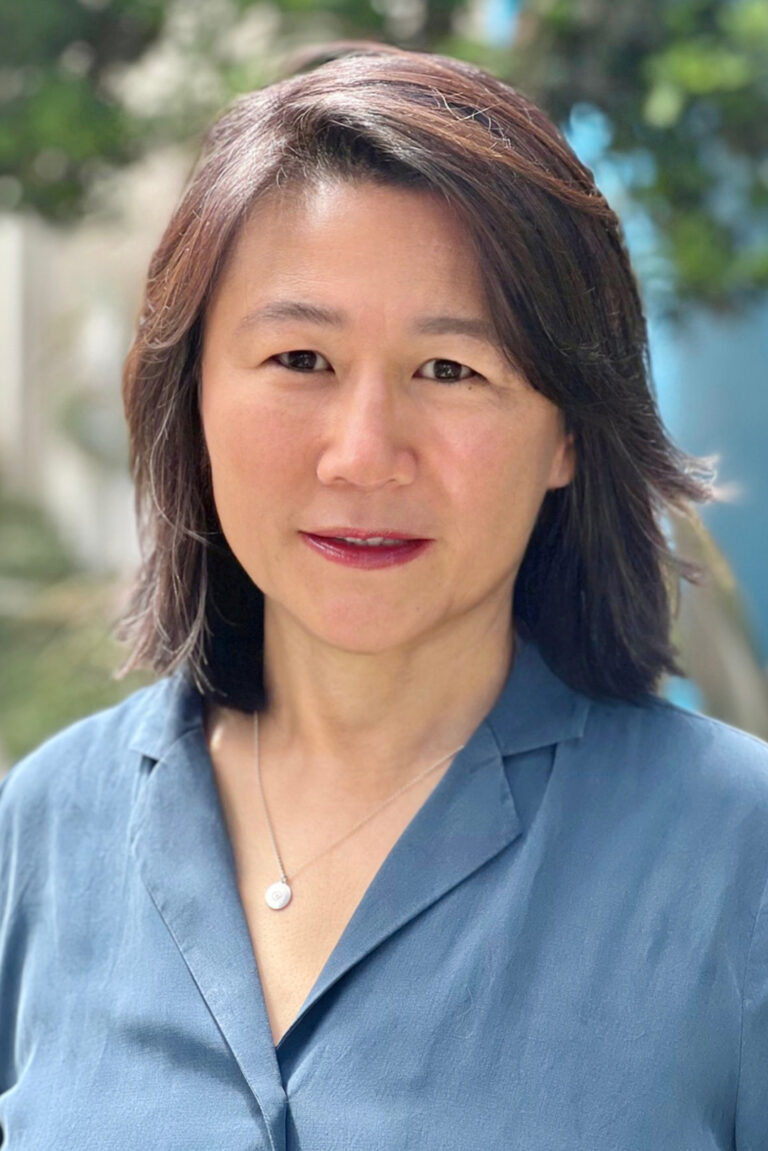We often share articles on how we can improve our health and become our optimal selves. For this Mother’s Day weekend, we decided to change it up and share the health benefits associated by simply being a mother. (Some of these health bonuses occur only if you gave birth to your child, while others apply equally to adoptive moms.)
article originally posted on BabyCenter.com
Health Benefit 1: Reduced risk of cancer
One of the greatest health benefits of having a baby is a well-documented reduction in the risk of several types of cancer. Breast cancer is the one you hear about most, and for good reason: Giving birth relatively early in life is one of the best ways you can help protect yourself.
The magic window is between the ages of 18 and 25, says Irma Russo, chief of the molecular endocrinology section of the Breast Cancer Research Laboratory at Fox Chase Cancer Center. But if you weren’t so fast out of the starting gate, don’t despair. A first pregnancy between 25 and 30 offers some protection. (If your first child was born after 30, your breast cancer risk is the same as that of women who didn’t give birth.)
Why does pregnancy reduce your risk for breast cancer? It’s a combination of factors, expert believe. The first is that pregnancy changes breast cells, causing them to become fully mature and less susceptible to cancer-causing changes. An earlier pregnancy means a smaller window of time in which your breast cells are immature and vulnerable.
Pregnancy also leads to hormonal changes thought to help prevent breast cancer. During pregnancy, your estrogen levels drop and the hormone hCG (human chorionic gonadotropin) circulates through your body (it’s what home pregnancy tests measure). This hormone is so protective that Russo and other researchers are experimenting with using it as an anti-cancer agent.
One caveat: Research has shown that excess pounds put you at greater risk for breast cancer, so shedding that post-pregnancy weightis important. And if you’re pregnant now, try to keep your weight gain under control: A 2004 study tied pregnancy weight gain of more than 33 pounds to breast cancer later in life.
According to Leena Hilakivi-Clarke, professor of oncology at Georgetown University School of Medicine, some women who gained more than 33 pounds during pregnancy had a significantly higher risk of breast cancer than mothers who kept their weight gain between 25 and 32 pounds.
Surprisingly, the risk was independent of how much they weighed later in life. “Women who gained more were at increased risk for breast cancer, even though the cancer was not diagnosed until 30 years later,” says Hilakivi-Clarke.
There’s another aspect of motherhood that can cut your cancer risk:breastfeeding. Research shows that nursing your child prevents certain precancerous types of cells from forming in your breast tissue. You have to keep it up for a reasonable time, though – at least several months, experts say.
Each year of breastfeeding over your lifetime cuts your breast cancer risk by 4 percent, according to findings cited in a 2010 issue of Journal of Perinatology. (To arrive at this figure, researchers looked at studies involving more than 50,000 women with breast cancer and 96,000 women without cancer.)
Breastfeeding may be even more protective for women with a family history of breast cancer. Women in this category who nursed for any length of time reduced their risk of developing breast cancer before menopause by 60 percent, according to a 2009 paper in the Archives of Internal Medicine that looked at a study of more than 60,000 women.
Chalk it up to the fact that breastfeeding postpones ovulation and fertility, and the accompanying high levels of estrogen and progesterone that can fuel tumor growth. A last piece of good news regarding motherhood and cancer: Women who bear children cut their risk of endometrial and ovarian cancer, according to the National Cancer Institute. And breastfeeding reduces these risks even more.
Health Benefit 2: Relief from “female disorders”
It’s still somewhat of a mystery how pregnancy and childbirth shake things up when it comes to “female disorders” like endometriosis,uterine fibroids, and polycystic ovaries. But gynecologists and endocrinologists have long known that for many women, having a baby is the beginning of the road to recovery.
Take endometriosis, for example. If you’re one of the women who lives with the monthly misery of heavy bleeding and cramping caused by extra endometrial tissue, you may find things looking up after having a child.
“Some women find their symptoms lessen dramatically after having a baby, and for a few they go away altogether,” says Harry Reich, a New York-based surgeon and expert in treating endometriosis.
Motherhood also may help prevent uterine fibroids, tumors that grow from muscle tissue in the uterus. (Fibroids are almost always benign but can lead to a host of uncomfortable symptoms, as well as difficulty conceiving.) Women who’ve given birth appear to be at lower risk for uterine fibroids, according to the National Institutes of Health. And while pregnancy hormones can cause existing fibroids to grow, they usually shrink back to their pre-pregnancy size – or smaller – after birth.
Polycystic ovary syndrome, or PCOS, also becomes less severe for many women after they give birth. Since as many as one in ten women has PCOS, and it’s a major cause of infertility, this is good news. Many women with PCOS who had trouble conceiving their first baby get pregnant the second time around with much less trouble.
Health Benefit 3: Motivation to make healthy choices
There’s nothing like motherhood to make you rethink unhealthy habits. It may start during pregnancy, when suddenly it’s not just your body you’re affecting anymore. And once your baby’s born, there’s a tiny, utterly dependent, person counting on you to stay healthy enough to raise him or her.
According to a BabyCenter poll of more than 20,000 moms, slightly more than half say they’ve dropped unhealthy habits – or improved on them – and started paying more attention to their health since having a child. Of those mothers:
- 83 percent say they eat more healthily or are trying to improve their diets.
- 65 percent are exercising more, or intend to.
- 69 percent say they’re keeping a closer watch on their mental health, or are trying to.
- 57 percent say they’re more likely to see their doctor more often or make an appointment if something seems wrong.
- 66 percent say they drive more carefully.
- 58 percent are more likely to wear their seat belts.
Also, the majority of moms polled who engaged in risky behaviors like smoking, drinking excessively, or indulging in dangerous hobbies say they’ve quit. Holly MacBain, a former smoker, is one example: “I could deal with giving myself cancer or lung disease, but if I were consciously doing something to put my baby at risk, I couldn’t live with it,” says the Tunkhannock, Pennsylvania, mom.
After cutting down gradually, MacBain finally managed to quit smoking during her pregnancy. Now, she’s finding that quitting has benefits even beyond protecting her son’s health and her own: “I don’t look ridiculous trying to buy cigarettes and saying they’re for someone else to avoid being judged. And I no longer have to take the long way around when driving somewhere in order to get in that full cigarette. I don’t have to worry about being found out.”
Then there’s the goal of losing post-baby weight, which for many moms inspires a newfound dedication to fitness and healthy eating. Whether they walk, jog, or attend aerobics classes tailored especially to new moms, many women find that once they add exercise to their lives, it becomes something they can’t imagine doing without.
Antonia Kenney of Watertown, Massachusetts, gained 54 pounds during her first pregnancy, bringing her weight close to 200 pounds. She lost 20 pounds soon after her daughter, Jenna, was born and – thanks to diligent exercise – lost another 20 pounds by the time Jenna was 3 months old.
Kenney’s well on her way to regaining her ideal weight of 130 pounds thanks to a local fitness class that she likens to post-baby “boot camp.” (It features a babysitter on site so new moms can bring their babies to class.) “After the first class, I almost crawled home – I could barely walk,” Kenney says. “I was in really bad shape and so out of breath. Now I’m going twice a week and it’s getting better and better.”
Finally, the desire to live longer (and see their babies grow up and have their own babies) motivates many moms to make healthier lifestyle choices. Sue Brunsden of Chesterfield Township, Michigan, started focusing on her health when she lost her father to colon cancer, which runs in her family.
A vegetarian, Brunsden makes sure the whole family eats plenty of fruits and vegetables and restricts sweets. “It’s nice to see my children eating broccoli and eggplant and enjoying it,” she says. With three children under the age of 6, she still finds time to work out regularly at the YMCA with her husband. And they recently bought a tandem bike so they can go on family bike rides, one parent riding with 5-year-old Nicholas while the other pulls 2-year-old Elizabeth and baby Alexis in a trailer.
“You can try to protect your child by strapping him into a car seat and putting on sunscreen, but none of those things will protect him from the biggest killer of all, which is heart disease,” Brunsden says. “The only way to protect yourself and your kids is by teaching them to eat healthy and live healthy.”
Health Benefit 4: A head start on happiness
Does having children make you happier in the long run? It’s the $20,000 question, and one that researchers haven’t completely answered yet. The problem is that many other factors, from marital status to money issues, influence whether we’re happy or not. And most research into depression and other mental health issues wasn’t designed to contrast mothers with non-mothers.
All in all, though, women with children fare at least as well as – and often better than – their childless counterparts when researchers compare positive measures such as personal satisfaction and negative ones such as loneliness and isolation.
“The research seems to show that women who have children, and good relationships with their children, are at the top of the scale later in life,” says Tanya Koropeckyj-Cox, assistant professor of sociology at the University of Florida at Gainesville, who studies loneliness and depression in people over 50.
Interestingly enough, Koropeckyj-Cox says, the other group that rates high on the contentment scale is women who are childless by choice. Those who fared worse were women who wanted children but didn’t have them and weren’t able to adjust to their situation, and mothers in poor relationships with their loved ones.
Rating the happiness of moms versus non-moms also gets a bit murky because of the prevalence of postpartum depression. As many as 80 percent of new moms suffer a brief period of “baby blues,” and up to 20 percent develop full-blown depression.
While this type of depression tends to be relatively short-lived, it confuses things statistically. In many studies, researchers concluded that depression is more common among mothers than non-mothers, listing postpartum depression as a primary factor.
When researchers directly compare the happiness of parents and non-parents, the results are mixed, depending on the qualities being measured, but in general moms rate higher in satisfaction and contentment, and lower in depression, than their childless peers. In a large-scale survey conducted jointly by the American Psychological Association and the National Institute for Occupational Safety and Health, researcher Esther Roskies found that women with children rated highest on a number of psychological measures, from self-esteem to personal and professional satisfaction. Single childless women fared the worst on the measures, while married women without children were in the middle.
Research by Kei Nomaguchi and Melissa Milkie published in the Journal of Marriage and Family found that parents were more “socially integrated” – meaning surrounded by friends, family, and community – than non-parents, and that married mothers in particular had lower rates of depression than their childless counterparts. Also, numerous studies show that women with children are much less likely to commit suicide.
There’s no doubt that adding a child – or children – to your life can amplify emotional highs and lows. In a 2010 BabyCenter survey of 500 moms, 62 percent say they’re more emotional and stressed compared with before having kids.
But an even greater number call out the satisfaction and fulfillment of being a mom: 72 percent say they’re happier since having kids, and 70 percent feel more loved. Almost all (95 percent) say their lives are more meaningful. All in all, a pretty sweet return on those sacrifices.
Article originally posted by:
BabyCenter
How Being a Mom Can Make you Healthier
By Melanie Haiken






